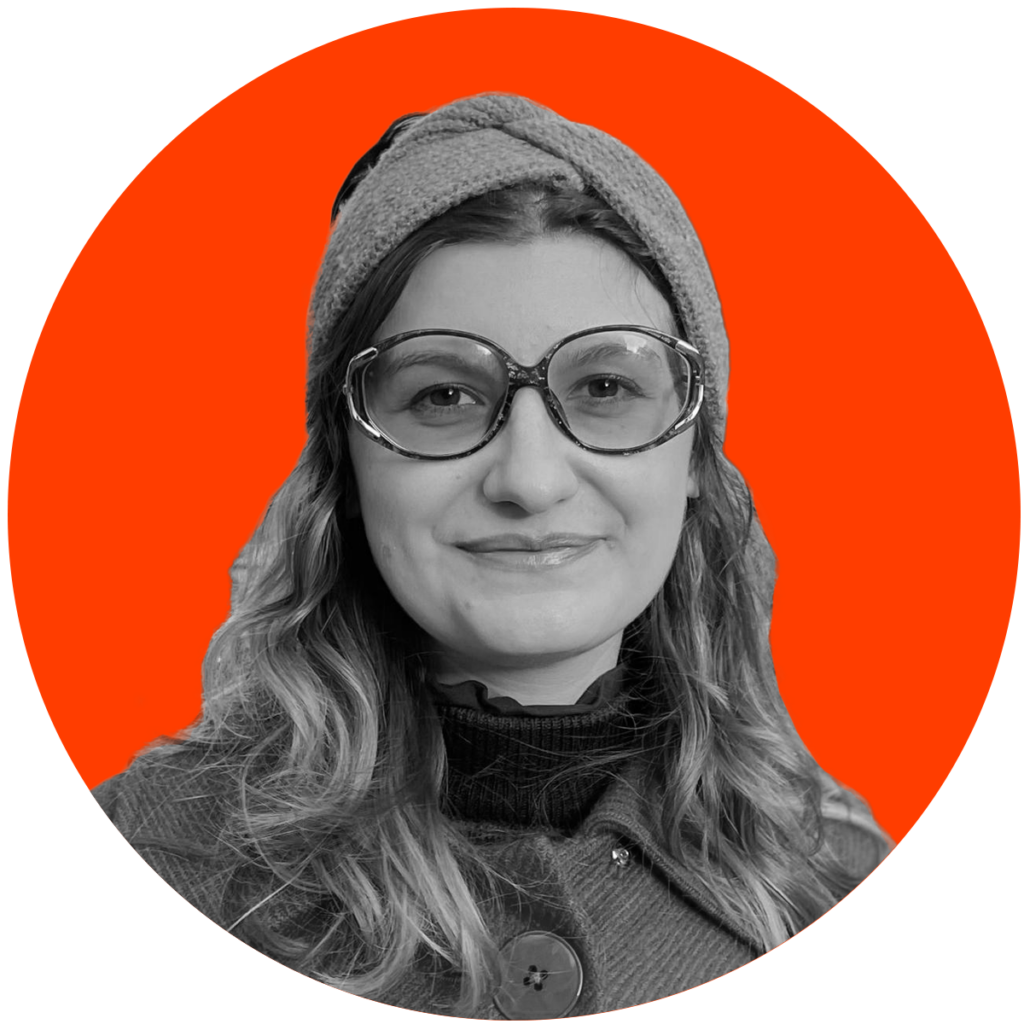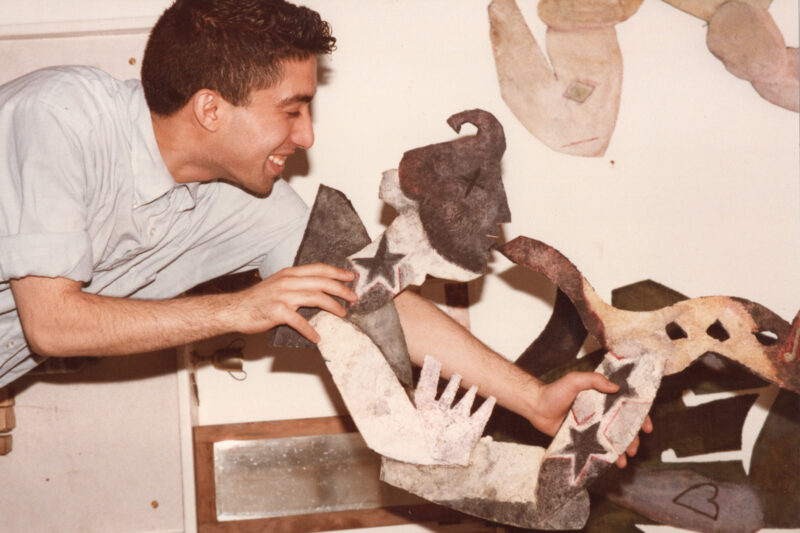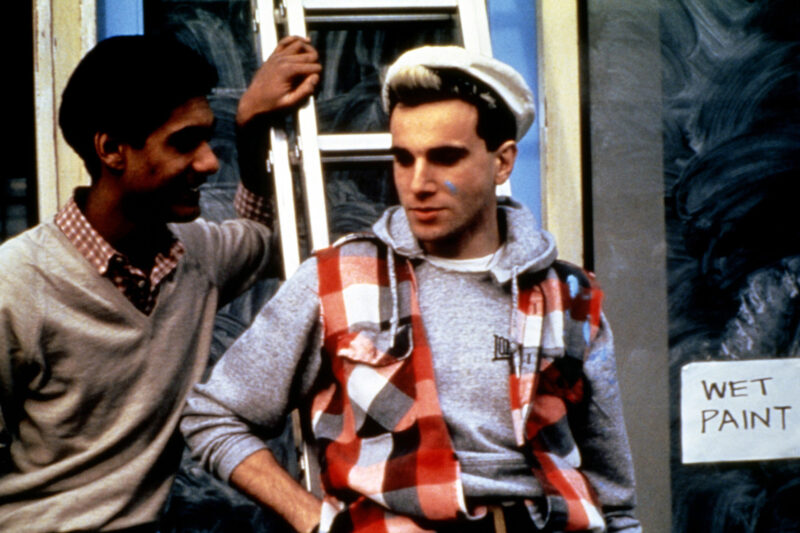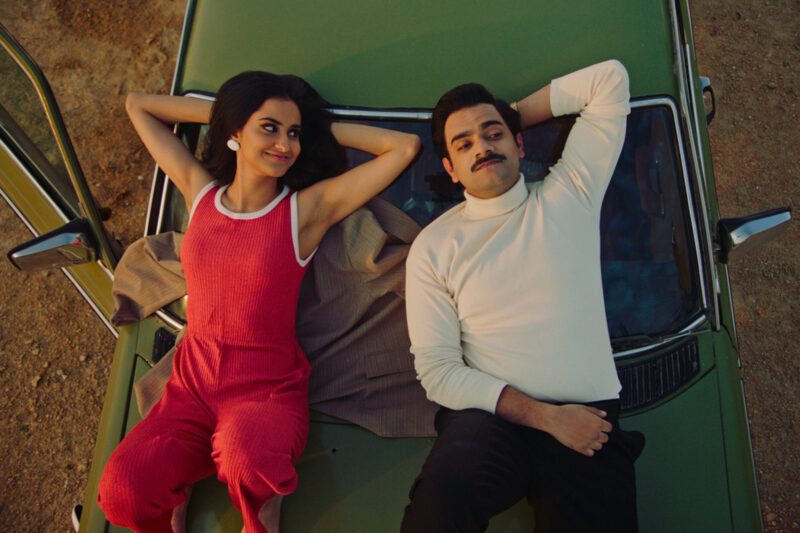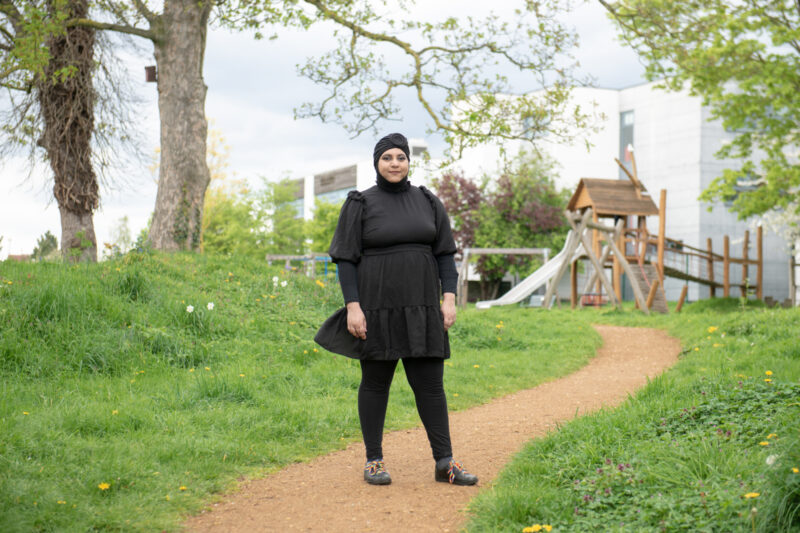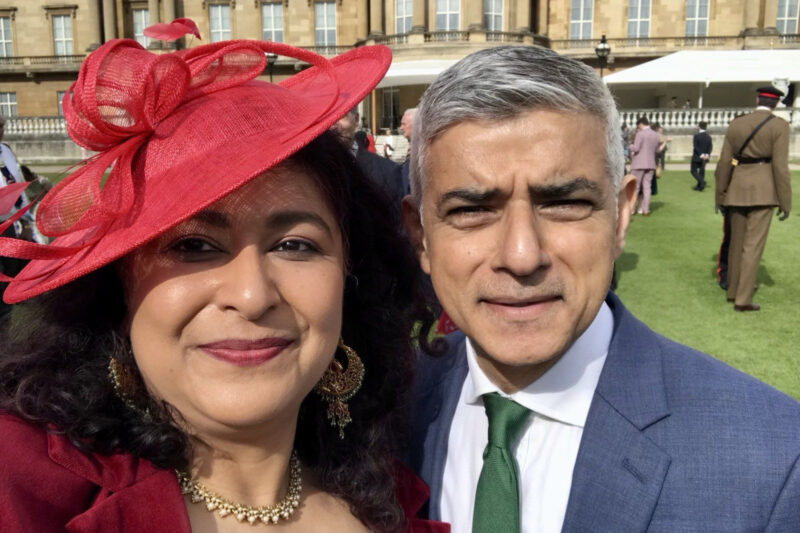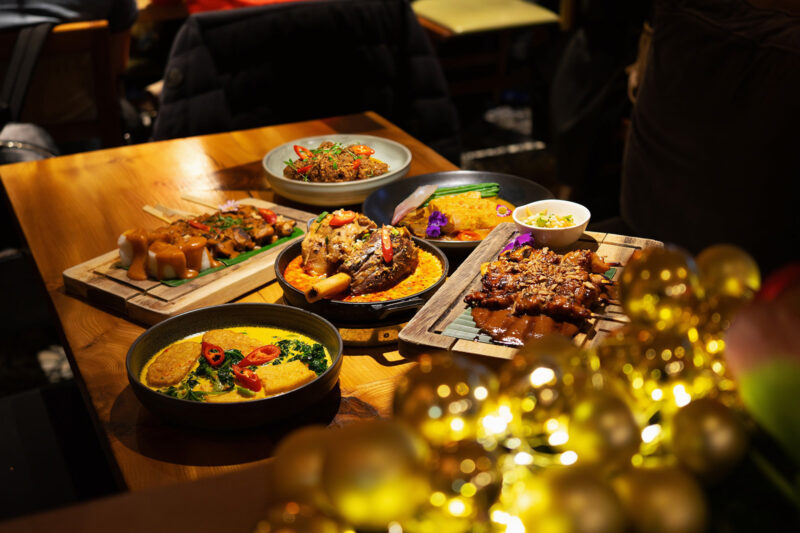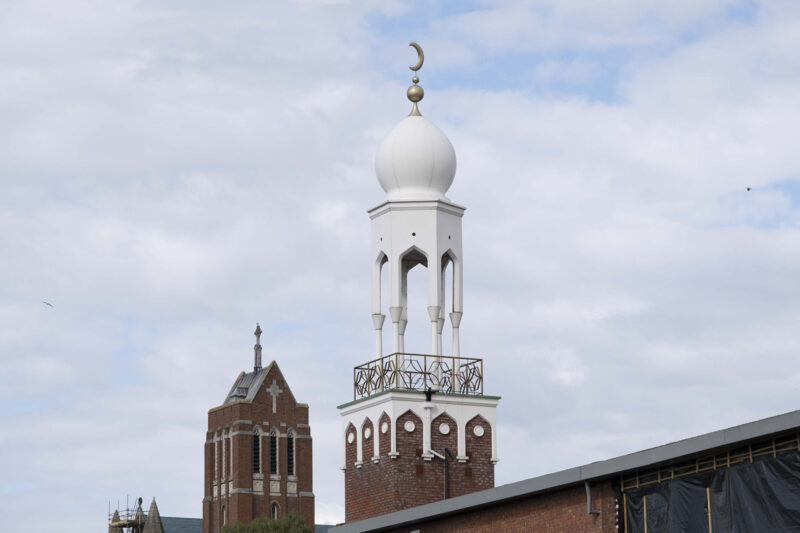A night of Balkan Pride
With glitter tattoos and turbo-folk, members of the diaspora’s LGBTQI+ community have created an inclusive annual celebration in east London
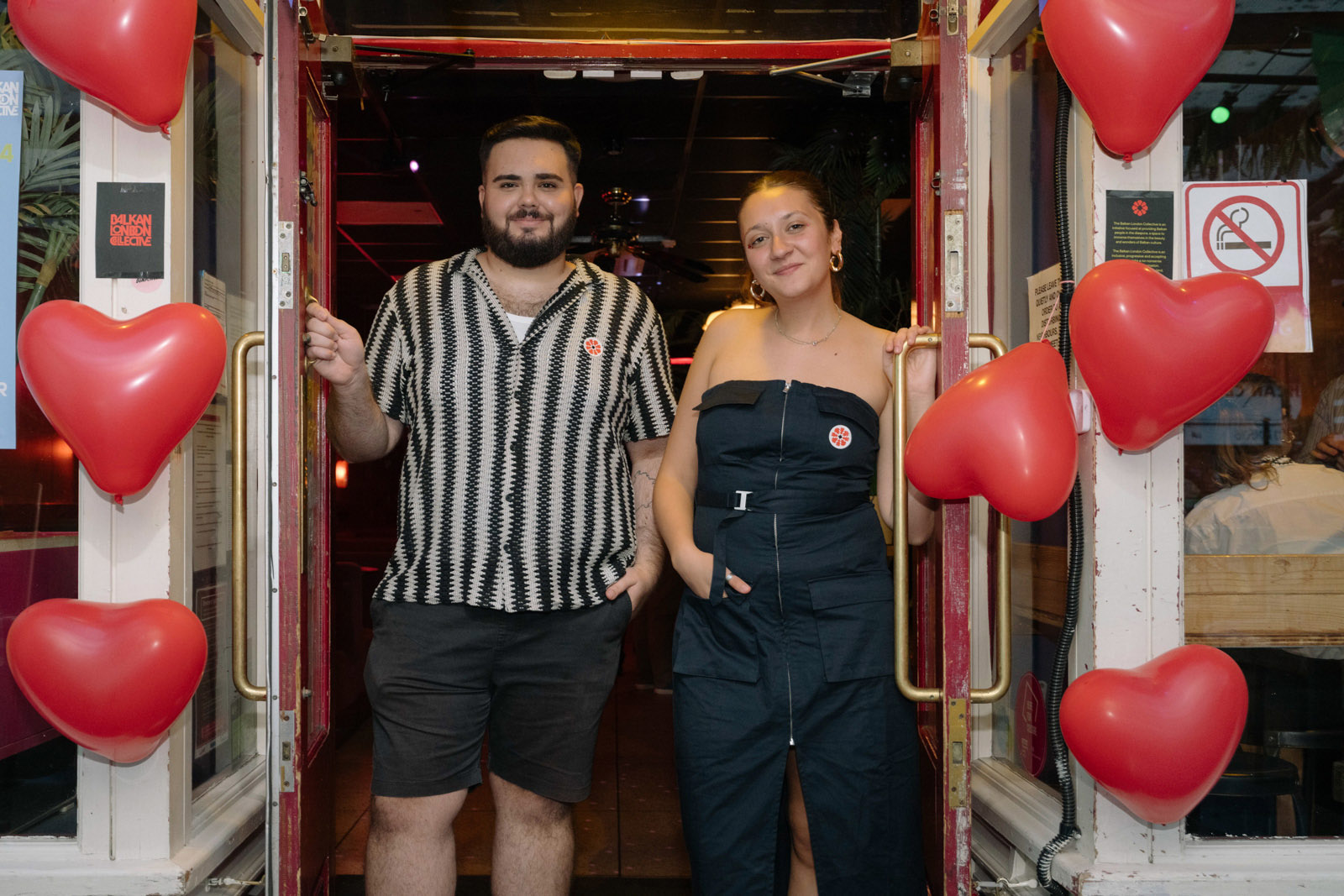
Inside the Ridley Road Market Bar in east London, Mother, a drag queen dressed in leather, marched onto the tiled floor to perform for an enthusiastic Friday-night audience. Soundtracked by the Montenegrin-Serbian singer Goga Sekulić, she took off her coat and sent a pair of lacy red knickers flying high above a disco ball suspended from the ceiling.
The crowd screamed in excitement. Mother then placed a gloved finger to her lips and began to sing in an ardent Serbian baritone: “Yelena, you took my youth away…”
For the second year running, about 200 Londoners from across the Balkan diaspora had gathered in Dalston to celebrate Balkan Pride. There were glitter tattoos, two-for-one cocktails and lots and lots of turbo-folk, a pummelling fusion of techno and traditional music popular in the region. Classics from stars including the Bulgarian singer Azis and the Kosovo-Albanian artist Adelina Ismaili blasted late into the night.
“Our mum said she wishes that she could come,” said Dragomir Slipper, who came to the party with his sister, Izzy.
“She’s in her 70s, so she can’t really party into the night, but next time there is a daytime event we’ll bring her for sure,” Izzy added.
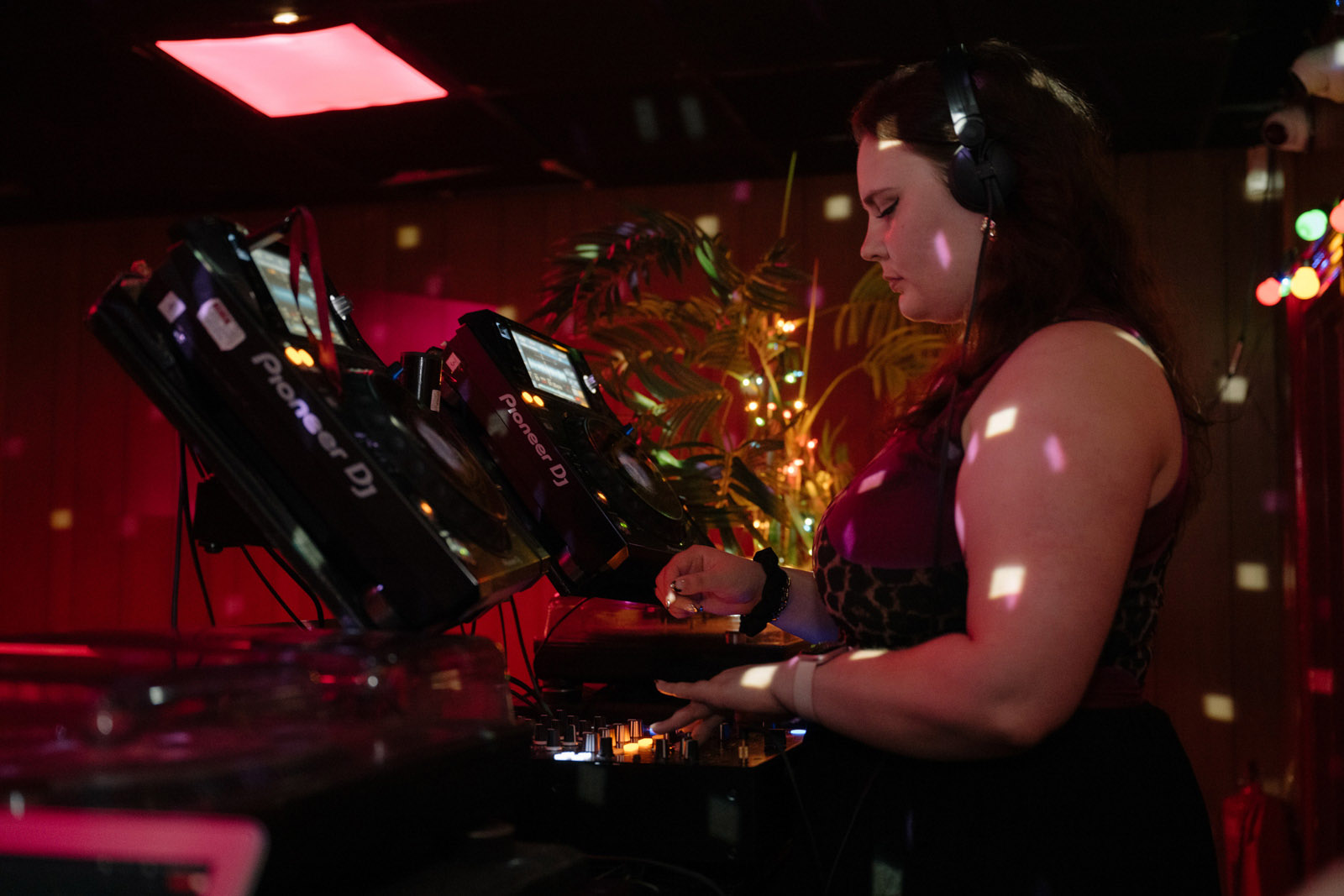
Balkan Pride was launched in 2023 by the Balkan London Collective, a community group that holds parties, panel discussions and film screenings. Organisers Tamara Vujinović and Arbër Gashi believe that the event fills an important gap in the UK capital’s cultural scene.
“There was a real lack of progressive spaces for Balkan people in the diaspora,” Gashi explained. “There would be Balkan parties in nightclubs and so on, but they did not represent what we wanted to see. We wanted spaces that were super anti-ethnonationalist, anti-misogynist, anti-racist and anti-homophobic.”
Vujinović nodded in agreement. “I remember sitting in the smoking area at one of those parties and people would get into arguments over nationalism. There were a lot of actual physical fights,” she said. “But, still, I had a yearning for Balkan music and culture.”
For Gashi, a writer and archivist born in London to Kosovar parents, Balkan Pride is part of a lifelong project of reclaiming his identity. His other projects include curating a digital repository of Balkan visual culture and researching Albanian garments and textiles.
“Today, I’m one of those diaspora kids who make their culture and history their entire personality. It’s an attempt to reclaim my heritage from this entrenched heteronormativity,” he said. “Because I grew up believing that I was the only person from Kosovo who is LGBT+ and that my culture would not accept me.”
Gashi added that, over the years, he has met many LGBTQI+ people who have moved away from their Balkan heritage because they felt that their sexuality was not reconcilable with their culture. Some have even changed their names.
“You can’t really win,” he said. “When you go to LGBT spaces you’re told you should identify with your culture, but in Balkan spaces you’re not accepted because you’re LGBT.”
“I went through phases. When I was younger, there was a period when I tried to assimilate. I would only say that I am British. Then for a while, I identified as a queer Muslim, but I stopped. I was getting too much pushback. Now, I just say I’m a cultural Muslim.”
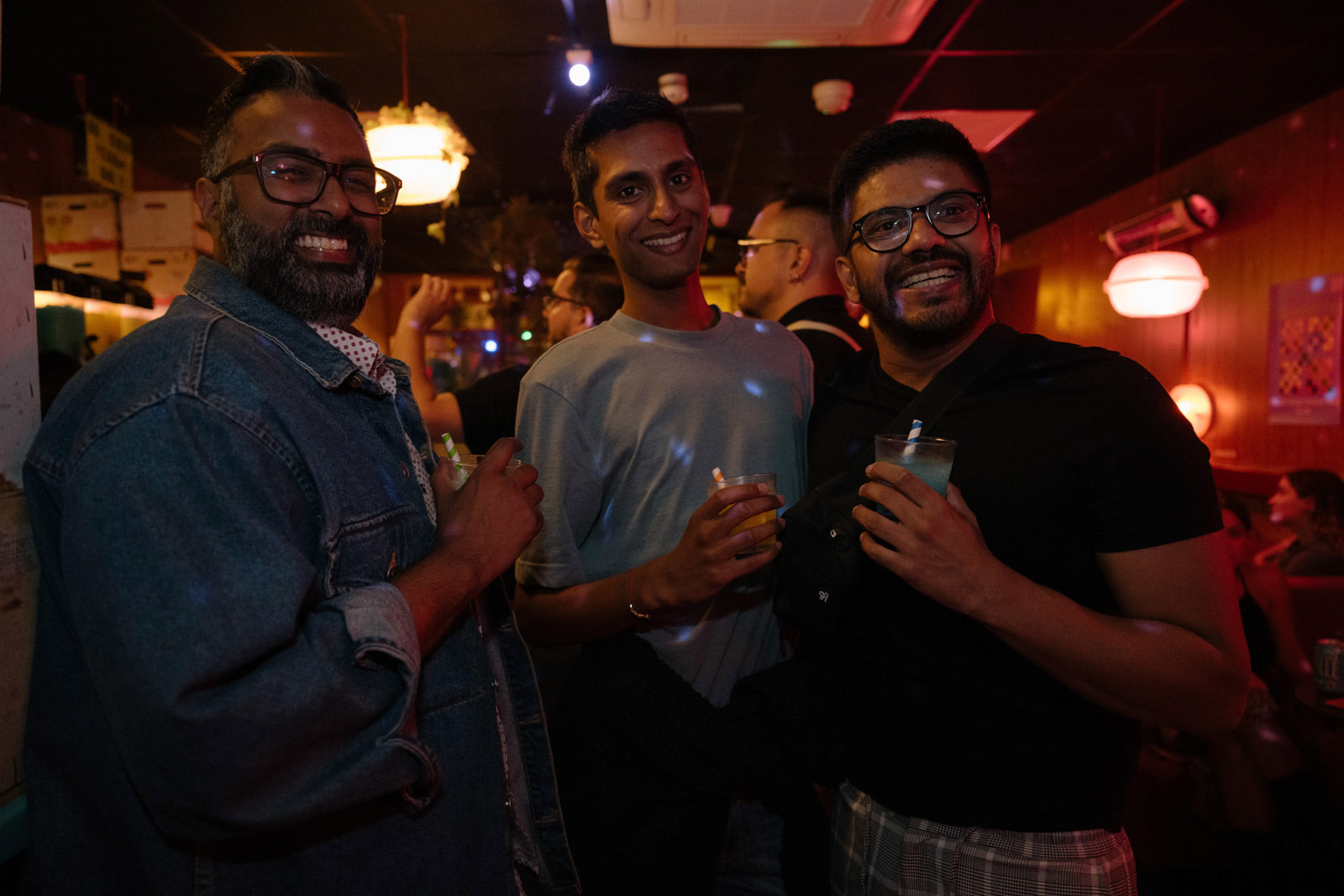
Slipper also spoke of a similar conflict of identity. “Being queer and Balkan is a weird thing to be,” she said, adding that her cousin recently moved to New York, in part because of the homophobia he faced at home in Croatia.
“The Balkans are not a great place for LGBT+ rights. Only Croatia, Slovenia and Montenegro have legalised same-sex partnerships,” added Dragomir. “Belgrade feels kind of like London in the 70s. On the one hand, there is a lot of homophobia. On the other, the queer underground scene is very vibrant and close-knit.”
In the course of his work, Gashi has discovered that, rather than being absent from the Balkans, queer culture and history has simply been hidden.
“I grew up listening to Zeki Müren,” he said. “He was born in Turkey, but has roots in today’s Northern Macedonia. My mum would listen to him all the time. He’s a beloved musical icon in Turkey and throughout the Balkans. But, if you see him, his hair is massive, he’s decked out in makeup, the face is giving. He is so adored and celebrated and the reality that he is also gay is unspoken.”
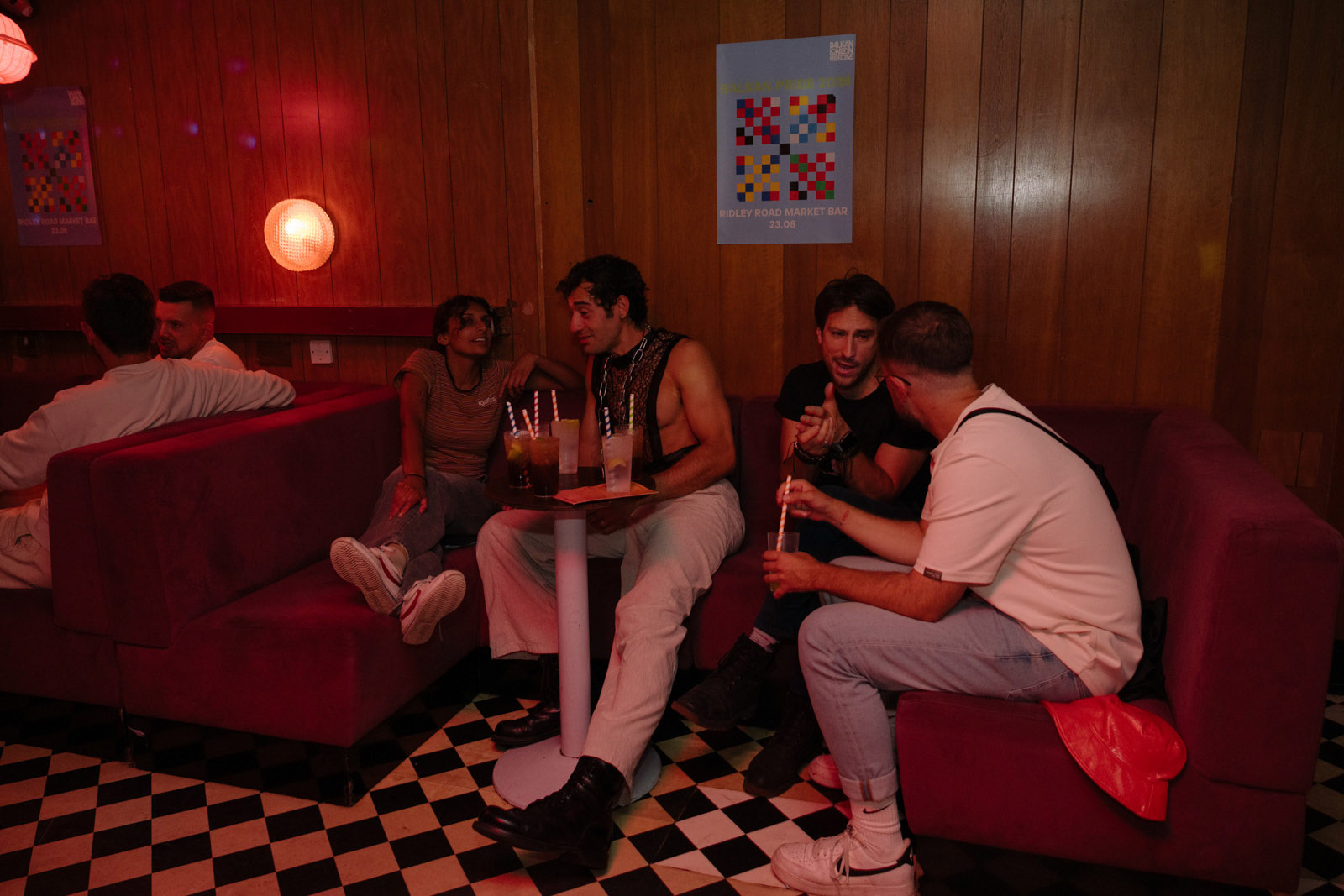
Such undertones have long been a feature of Balkan music, according to Vujinović. “There was an 80s rock band from Serbia called Idoli. One of their biggest hits is titled I Rarely See You With Girls.” She also pointed to Muharem Serbezovski, a Muslim Roma singer popular in Yugoslavia, whose 1974 hit Ramo, Ramo describes an intense friendship between two men.
“There is so much queerness in our culture and history, but it’s been actively erased and taken underground,” Gashi said, pointing to the burrnesha tradition, in which Albanian women took on male social roles, such as wearing men’s clothes and being heads of households, or historical Ottoman accounts of Albanian highlanders engaging in same-sex relationships while herding sheep in the mountains.
The word “‘Balkan’ often has negative connotations,” said Dragomir. “People speak of ‘Balkanisation’. I am glad we have this space to reclaim the narrative and the identity. It means a lot to people from my generation to have this in London.”
 Newsletter
Newsletter

